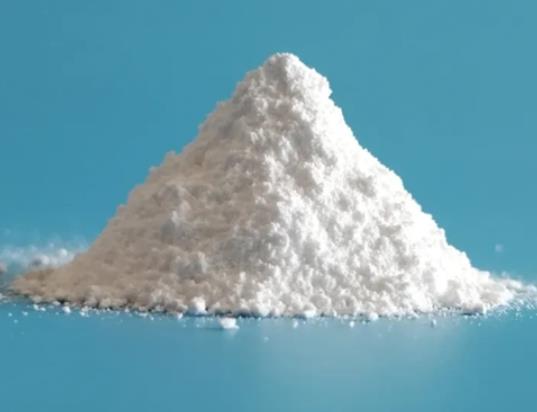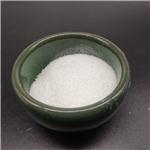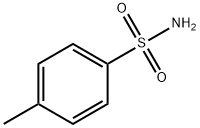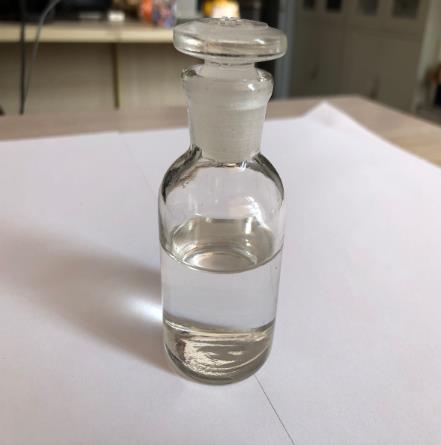P-Toluenesulfonamide: A Versatile Compound in the Chemical Industry
Introduction
P-toluene sulfonamide is a vital chemical compound widely used across various industries, particularly in the chemical and pharmaceutical sectors. Its versatile properties make it a valuable component in the synthesis of numerous products, from plastics to pharmaceuticals. This article delves into the nature, composition, and applications of p-toluene sulfonamide, highlighting its importance in the chemical industry.

Figure 1 Characteristics of P-Toluene sulfonamide
Properties of P-Toluenesulfonamide
P-toluene sulfonamide, with the chemical formula C7H9NO2S, is an organic compound belonging to the class of sulfonamides. It is a white crystalline solid that is soluble in water, ethanol, and acetone. The compound has a molecular weight of 171.22 g/mol and exhibits a melting point of approximately 137-141°C, depending on its purity.
One of the key properties of p-toluene-sulfonamide is its ability to act as both a nucleophile and an electrophile, making it an essential intermediate in various chemical reactions. This dual functionality is particularly valuable in the synthesis of complex organic molecules. Additionally, P-Toluenesulfonamide is known for its stability under normal conditions, which contributes to its widespread use in industrial processes.
In terms of safety, p-toluene sulfonamide is considered to have low acute toxicity. However, like many chemical compounds, it should be handled with care to avoid potential health risks, such as skin and eye irritation. Proper safety measures, including the use of personal protective equipment, are recommended when working with this compound.
Major Components and Composition
P-toluene sulfonamide is composed of a toluene moiety attached to a sulfonamide group. The structure features a benzene ring with a methyl group (CH3) attached to one carbon and a sulfonamide group (SO2NH2) attached to another. This combination of functional groups contributes to its chemical reactivity and versatility.
The purity of p-Toluenesulfonamide is a critical factor in its performance in various applications. Industrial-grade P-Toluenesulfonamide typically contains high levels of purity, often exceeding 99%. Impurities, if present, can affect the compound's reactivity and the quality of the end products. Therefore, rigorous quality control is essential during the manufacturing process to ensure the desired level of purity.
Applications of P-Toluenesulfonamide
P-Toluenesulfonamide's wide range of applications stems from its unique chemical properties. It serves as a key intermediate in the production of dyes, resins, and plasticizers. In the polymer industry, P-Toluenesulfonamide is used as a curing agent for epoxy resins, enhancing the mechanical properties and durability of the final product. Its ability to modify the chemical structure of polymers makes it a valuable additive in the production of high-performance materials.
In the pharmaceutical industry, p-toluene sulfonamide is employed in the synthesis of sulfonamide drugs, which are used to treat bacterial infections. Its role as a building block in drug synthesis is crucial, as it allows for the creation of various sulfonamide-based antibiotics, such as sulfathiazole and sulfamethoxazole. These antibiotics have been instrumental in treating a wide range of infections, making P-Toluenesulfonamide an important compound in medicinal chemistry.
Moreover, p-toluene sulfonamide finds applications in the production of adhesives, coatings, and pigments. In adhesives, it improves the bonding properties, particularly in formulations requiring high thermal stability. In coatings, P-Toluenesulfonamide contributes to the development of durable and weather-resistant finishes, making it suitable for both industrial and consumer products.
Storage and Handling of P-Toluene sulfonamide
Proper storage and handling of p-Toluenesulfonamide are essential to maintain its quality and ensure safety. The compound should be stored in a cool, dry place, away from direct sunlight and moisture. Containers used for storage should be tightly sealed to prevent contamination and degradation. Due to its stable nature, P-Toluenesulfonamide does not require special storage conditions, but it should be kept away from strong oxidizing agents and bases, as these can react with the compound and potentially cause hazardous situations.
In terms of handling, it is important to follow standard safety protocols. Personal protective equipment, such as gloves, goggles, and lab coats, should be worn to prevent skin and eye contact. In case of exposure, affected areas should be rinsed immediately with plenty of water. Workspaces should be well-ventilated to avoid inhaling dust or fumes generated during the handling of p-Toluenesulfonamide. Additionally, proper waste disposal practices must be observed to minimize environmental impact.
References:
[1] UMASISH JANA S B Sukhendu Maiti. An efficient FeCl3-catalyzed amidation reaction of secondary benzylic and allylic alcohols with carboxamides or p-toluenesulfonamide[J]. Tetrahedron Letters, 2008, 49 5: 735-926. DOI:10.1016/j.tetlet.2007.11.176.Lastest Price from p-Toluenesulfonamide manufacturers

US $19.90/kg2025-04-21
- CAS:
- 70-55-3
- Min. Order:
- 1kg
- Purity:
- 99%
- Supply Ability:
- 10 mt

US $0.00-0.00/KG2025-04-15
- CAS:
- 70-55-3
- Min. Order:
- 1KG
- Purity:
- 99%
- Supply Ability:
- 500000kg


